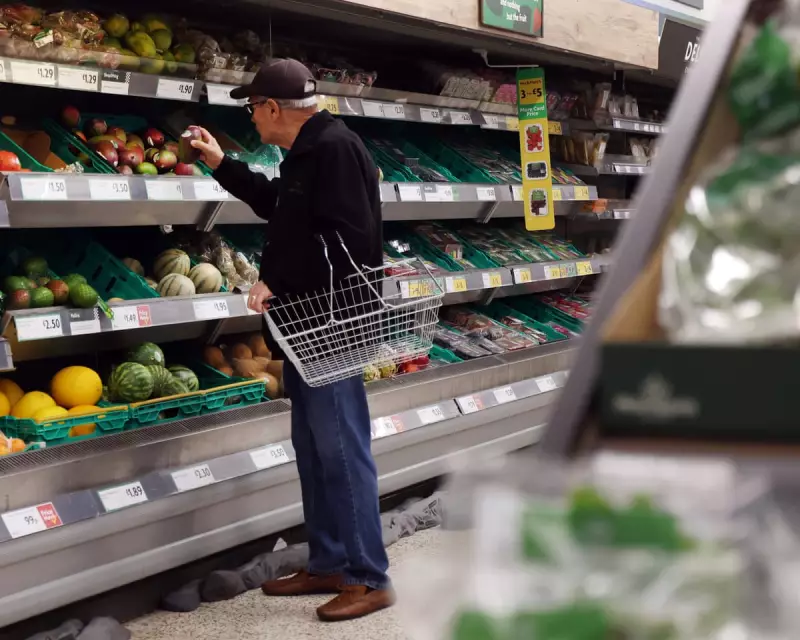
Britain's supermarket giants are sounding the alarm as a perfect storm of government tax policies and economic pressures threatens to drive food prices even higher, adding fresh strain to household budgets already stretched thin by the ongoing cost of living crisis.
The Tax Bite on Britain's Shop Shelves
Industry leaders from major grocery chains have revealed that recent tax increases and business rate reforms introduced by Chancellor Rachel Reeves are directly contributing to rising costs that will inevitably be passed on to consumers. The measures come at a time when food inflation, while easing from previous peaks, remains stubbornly high compared to historical averages.
What's Driving the Price Surge?
Several key factors are converging to push supermarket prices upward:
- Business rate increases hitting large retail properties
- New tax burdens on commercial operations
- Persistent supply chain costs despite easing inflation
- Energy and wage pressures throughout the retail sector
"These additional costs cannot simply be absorbed by retailers," explained one supermarket executive who wished to remain anonymous. "When taxes on business operations increase, those costs ultimately find their way to the checkout."
Consumers Bear the Brunt
Shoppers across the UK are likely to feel the pinch in their weekly grocery bills. The timing is particularly challenging as many families continue to struggle with higher mortgage rates, energy costs, and general living expenses.
Consumer advocacy groups have expressed concern about the cumulative impact on household finances. "Every additional pound at the supermarket checkout means less money available for other essential spending," noted a representative from a leading consumer rights organisation.
Industry Calls for Review
Retail leaders are urging the government to reconsider the tax measures, arguing that the current approach risks undermining both business competitiveness and household financial stability. They emphasise that the grocery sector operates on thin margins and cannot indefinitely absorb rising operational costs.
The situation presents a significant challenge for policymakers balancing fiscal requirements against economic realities facing both businesses and consumers.





